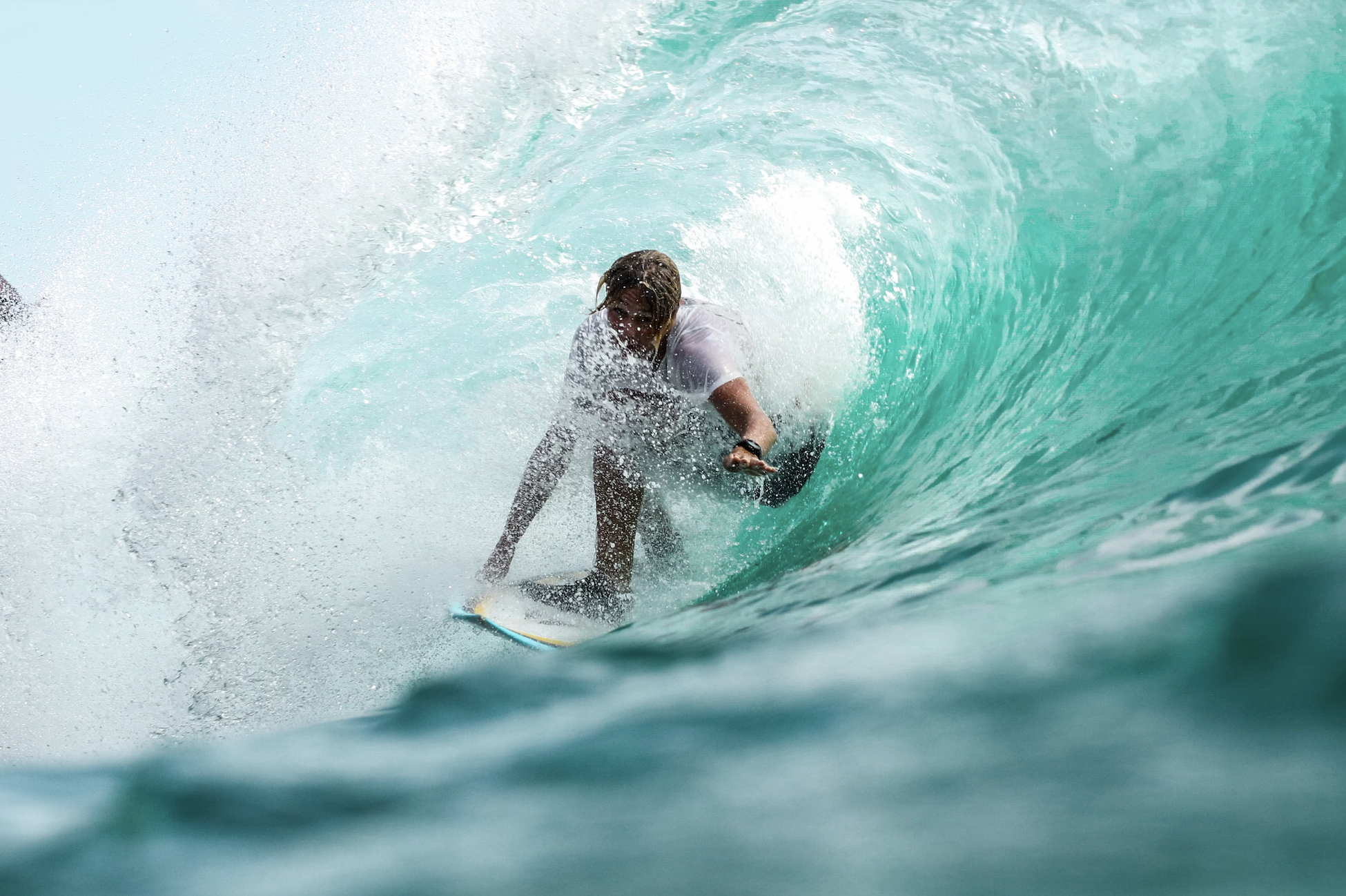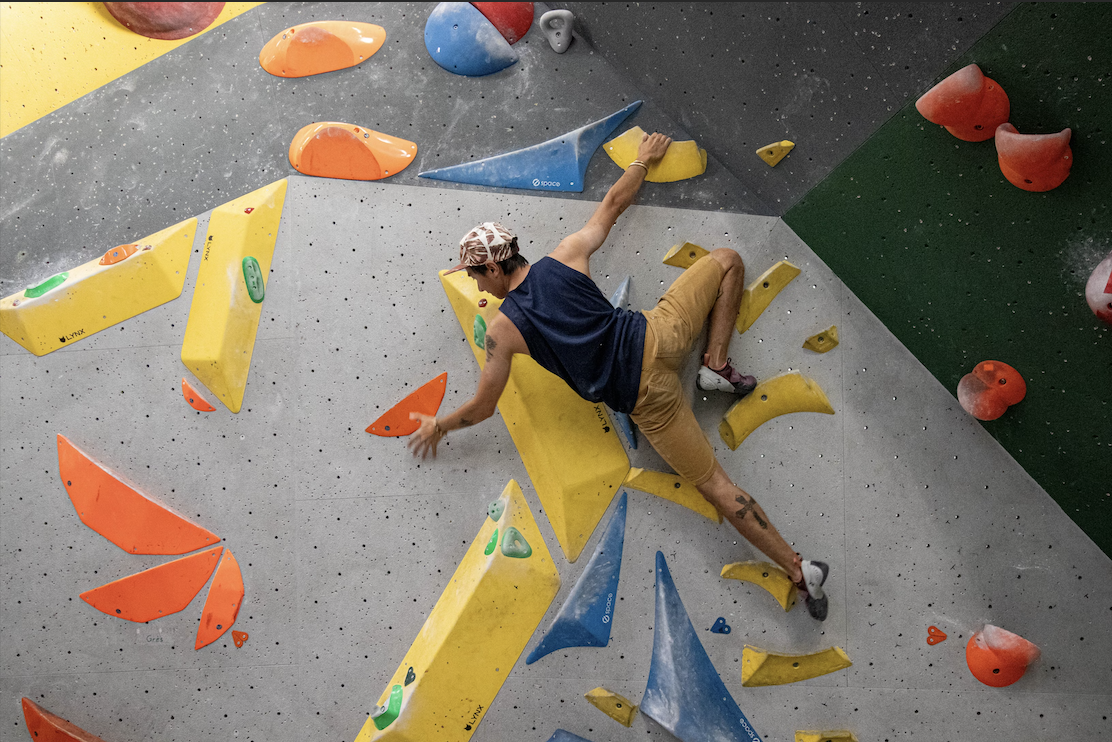The New and the New-ish: Sports Revamping the Olympic Roster
Written by Keyara Nelson
Thumbnail and Banner Photo by Amada MA on Unsplash
For well over 2,000 years, the Olympic Games have celebrated the spirit of sport, and despite their ancient roots, they continue to evolve. The modern Olympic Games are the world’s largest sporting event in terms of number of athletes, number of sports, and number of people from different nations gathered together. This celebration of sport is watched worldwide by billions of people, so it is always very exciting when we get to bear witness to change. This year, a new sport and some returners have all caused a splash in the Olympic roster.
Breakdancing Breaks Through
Combining athleticism, creativity, and artistry, breakdancing has evolved from a simple dance-style to a competitive sport that has been contested around the world. Breakdancing, or ‘breaking’, was voted into the 2024 Paris Olympics but was not voted into the 2028 Olympics in Los Angeles; the next opportunity to see breaking again could occur in the 2032 Olympics. There were 16 men and 16 women who competed in the event this year, each group being referred to as either B-Boys or B-Girls. The event featured one-on-one battles, structured as best-of-three contests. It began with a round-robin format before advancing to knockout rounds in the quarterfinals, semifinals, and medal rounds. The opponents were judged on creativity, personality, technique, variety, performativity and musicality. This is similar to gymnasts and ice skaters, but unlike these sports, the performance is completely improvised as the athletes do not know the music that the DJ will play for them. The winner of the men’s Olympic breaking was Canada’s own Phil Wizard, and the winner of the women’s Olympic breaking was Japan’s Ami Yuasa.
From my perspective, I was quite surprised to see breaking make an appearance in the 2024 Paris Olympics, but after looking deeper into the Olympic preparations, I quickly understood why. According to Peabody dance faculty member Brinae Ali, given breakdancing's rising popularity, it is no surprise that the Olympics would add it to the list of sports. With countless breaking battles occurring worldwide, the influence of breakdancing is larger than ever before, and far more significant than I had ever considered. As captivating as the sport was to watch, and despite how exciting it is to see new sports such as these in the Olympics, breaking was met with mixed emotions. While some celebrate the sport’s fresh, modern appeal and its connection to youth culture, others question whether breaking fits within the traditional Olympic framework. Critics argue that its improvisational, artistic nature makes it harder to judge objectively, raising concerns about its place in a competition focused on measurable athletic feats. Nevertheless, it is apparent that breaking certainly made a splash in the Olympics, even if its appearance is short lived.
Back for Round Two
Excitingly, a few familiar sports have made their way back onto the Olympic roster for the second time in a row. Surfing, skateboarding, sport climbing, and 3x3 basketball all made their Olympic debuts at the 2020 Tokyo Games, and each of them returned for the Paris Olympics. All of these sports have made generally good impressions as Olympic events and will be returning to the 2028 Olympics.
Surfing
Surfing showcased thrilling wave-riding skills in the Tokyo Olympics, and though it was present in the Paris Olympics, the event did not take place in Paris. Instead, with the goal to spread the Games across France, the surfing events took place in Teahupo’o, Tahiti, which is a French overseas territory. The scoring for surfing is decided by a panel of five judges, and they score each wave on a scale of 1 to 10 with two decimal places. The highest and lowest scores for each wave are then discarded, and the surfer's score is the average of the remaining three judges' scores. The two best waves of each surfer are combined to determine the overall total; a perfect ride is 10 points, therefore a perfect heat is 20 points. According to an article written by Ashlee Tulloch on the Olympic news site, the judges determine scores based on commitment and degree of difficulty, innovative and progressive maneuvers, variety of maneuvers, combination of major maneuvers, and speed, power, and flow. This year's gold medalists were Kauli Vaast from France in the men's division and Caroline Marks from the USA in the women's division.
Skateboarding
Skateboarding in the Tokyo Olympics made exciting strides for the sport, providing some much needed exposure across the world. For the Paris Olympics, the sport took place at Place de la Concorde and featured both street and park events for men and women. In street skateboarding, the events took place on courses that replicated urban obstacles like stairs, rails, and ledges. In contrast, events in park skateboarding took place in a course that is a hollowed-out concrete bowl with various elements such as ramps, bumps, and quarter pipes. The competition layout and scoring varies for both forms of skateboarding, but each competition offers skaters the stage to display their skills and originality. With two events in skateboarding, there were a total of four gold medalists (two for women and two for men). Keegan Palmer of Australia clinched the gold in the men’s park skateboarding event, while Arisa Trew, also representing Australia, took home the gold in the women’s park event. In the street events, Yuto Horigome and Coco Yoshizawa, both representing Japan, took home the gold in their respective divisions.
Sport climbing
Before the Tokyo Olympics, I had never heard of sport climbing. While I was familiar with rock climbing, I didn’t realize it was an organized sport. After watching the event in Tokyo, I knew I had to follow it in the Paris Olympics. Sport climbing scaled new heights in the Paris Olympics, adding a new dimension to climbing by creating an entirely new event. This new event is made for speed athletes. At Paris 2024, there were two sport climbing events: one for speed climbers competing for a gold medal, and another for boulder and lead climbers vying for a separate gold. Speed climbing is a straight-forward head-to-head race against the clock in elimination rounds. Bouldering and lead climbers compete in both bouldering and lead events and take the combined score to determine the winner. In the bouldering format, athletes scaled 4.5-meter walls without ropes with the aim of completing the climb within a set time and with the fewest possible attempts. In the lead format, competitors have six minutes to climb as high as possible on a 15-meter wall, with no prior knowledge of the route. An exciting competition, sport climbing shone under the spotlight of the Tokyo Olympics, and that light did not dim after the Paris 2024 Olympics. The winners of the men’s and women’s speed climbing event were Leonardo Veddriq from Indonesia and Aleksandra Miroslaw from Poland. The winners of the men’s and women’s bouldering and lead event were Great Britain’s Toby Roberts and Slovenia’s Janja Garnbret.
3x3 Basketball
For many of us, especially those who frequent SMU Huskies Men's and Women’s basketball games, 3x3 basketball is pretty straightforward. The variation of basketball made its debut in the 2020 Tokyo Olympics and has kept viewers on the edge of their seats with the excitement and entertainment. Unlike traditional basketball, 3x3 basketball is played on a half-court with just one hoop and backboard. This version of basketball is much smaller than its counterpart, but from my perspective, it is just as intense. There are many similarities between the two forms of basketball; however, there are certainly plenty of differences. With so many distinctions, you can read about these rules and variations via this article on the Olympic news site. The gold medal teams for this year's Olympics were the Netherlands in the men's division and Germany in the women's division.
The Aftermath
Whilst many of these sports will be seen again in the 2028 Olympics set in Los Angeles, there are an unfortunate few that may have their time cut short. Breaking will not be seen in the 2028 Olympics, but we will be seeing surfing, skateboarding, sport climbing and 3x3 basketball. Did any of these sports, new or returning, stand out to you? Do you think breaking deserves another appearance? Even if some sports do not become permanent fixtures in future Olympic Games, their inclusion still grants them a global platform and well-deserved recognition. The Olympic spotlight allows these disciplines to reach new audiences and demonstrate their cultural and athletic significance on the world stage. Regardless of what the future holds, each appearance, however brief, helps solidify a sport’s place in Olympic history.



